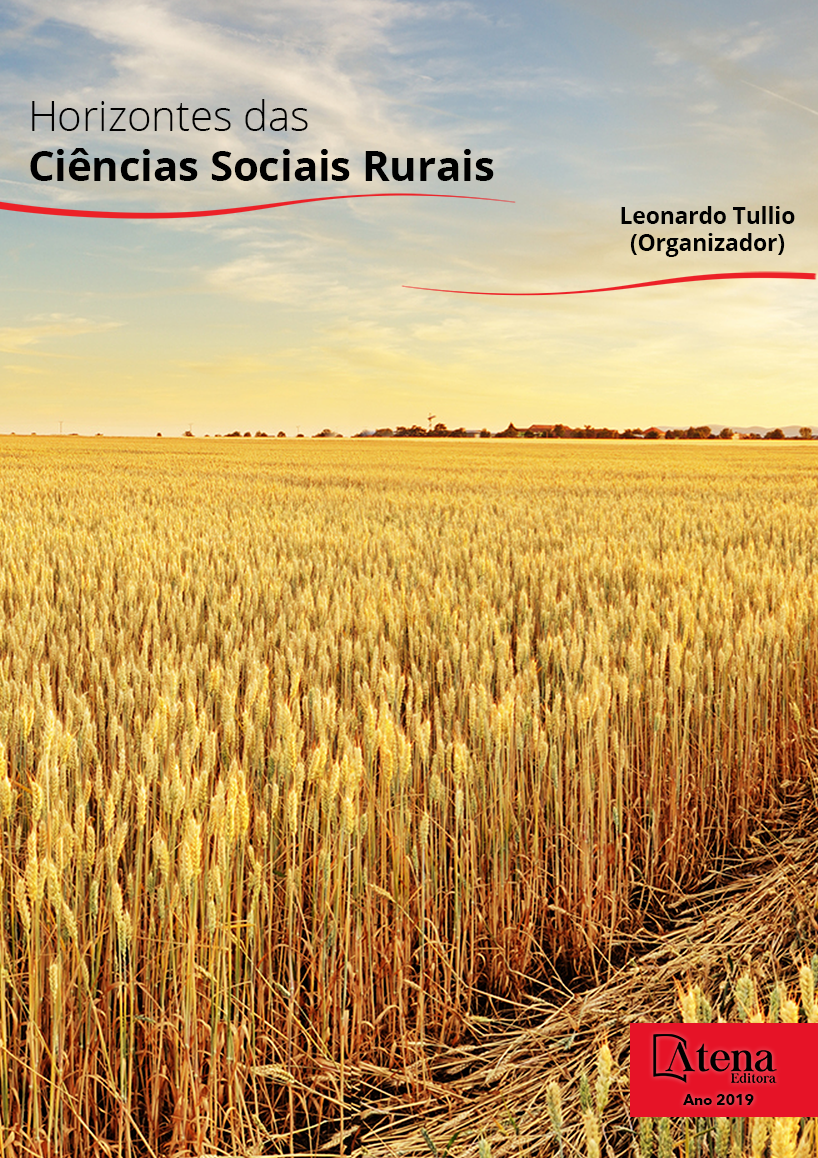
A INCLUSÃO DIGITAL COMO FERRAMENTA DE EXTENSÃO RURAL PARA A GESTÃO DO COOPERATIVISMO DE ECONOMIA SOLIDÁRIA NO OESTE DO PARANÁ
O presente trabalho propôs uma ação
extensionista voltada para prática da gestão
de cooperativas através da inclusão digital
para agentes do cooperativismo de economia
solidária do Oeste do Paraná. O objetivo deste
trabalho foi analisar os efeitos e a mudança que
inclusão digital, enquanto ferramenta de uma
extensão rural inovadora, promove na gestão
do cooperativismo de economia solidária. A
metodologia utilizada foi uma pesquisa-ação,
onde inicialmente realizou-se um levantamento
de problemas e demandas dos agentes do
cooperativismo da agricultura familiar, e na
sequência, promoveu-se capacitações voltadas
para a inclusão digital, com o ensino de temas
que contribuíssem na solução das principais
demandas diagnosticadas. Após realização
do curso, aplicou-se questionários sobre a
utilização e domínio das principais ferramentas
digitais para a gestão de seus empreendimentos.
Os resultados demonstraram que embora
tenham acesso, os agricultores cooperados
subutilizam as ferramentas tecnológicas para
gestão e organização de suas cooperativas,
mas que o curso capacitação com objetivo
de inclusão digital apresentou uma evolução
na compreensão do tema e utilização das
tecnologias por parte dos agricultores.
A INCLUSÃO DIGITAL COMO FERRAMENTA DE EXTENSÃO RURAL PARA A GESTÃO DO COOPERATIVISMO DE ECONOMIA SOLIDÁRIA NO OESTE DO PARANÁ
-
DOI: 10.22533/at.ed.30519180218
-
Palavras-chave: Desenvolvimento; Rural; Sustentável; Cooperativismo; Tecnologias
-
Keywords: Development; rural; sustainable; cooperativism; technologies.
-
Abstract:
This paper proposed an
extensionist action aimed at the practice of
the management of cooperatives through
the digital inclusion for cooperative agents of
solidarity economy of the West of Paraná. The
objective of this work was to analyze the effects
and the change that digital inclusion, as a tool
of an innovative rural extension, promotes in
the management of cooperativism of solidarity
economy. The methodology used was an action
research, where initially a survey of problems and demands of the agents of the
cooperatives of family agriculture was carried out, and in the sequence, training was
promoted for the digital inclusion, with the teaching of subjects that contributed in the
solution of the main diagnosed demands. After completing the course, questionnaires
were applied on the use and mastery of the main digital tools for the management of
their enterprises. The results showed that although they have access, the cooperative
farmers underutilized the technological tools for managing and organizing their
cooperatives, but that the training course aimed at digital inclusion showed an evolution
in the understanding of the theme and use of the technologies by the farmers.
-
Número de páginas: 15
- Wilson João Zonin
- VinÍcius Mattia
- Marcos Roberto Pires Gregolin
- Patrícia Inês Costa
- Jefferson dos Santos Vorpagel
- Fábio Corbari


